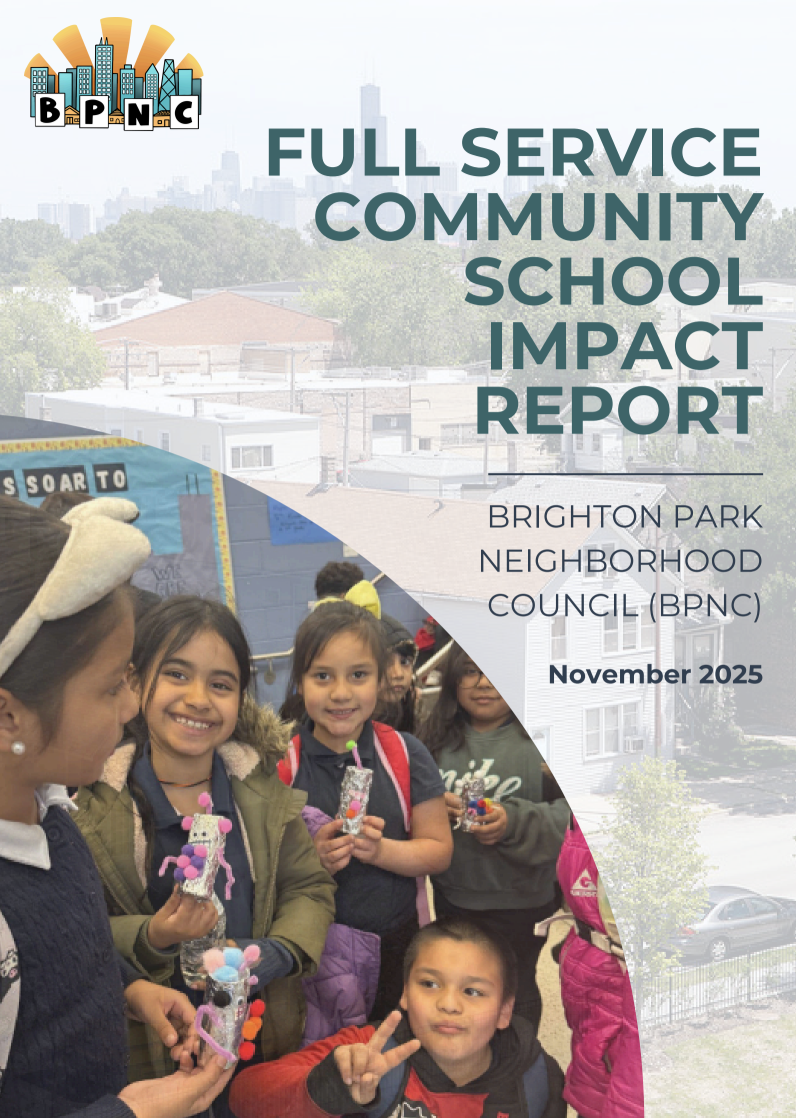Since I joined the campaign in 2022 as the Treatment Not Trauma organizer, I’ve seen the people who’ve been a part of this work, engrained myself in the history, and have helped lead the coalition. Through my time here, it has taught me that communities that work together can make impactful changes in policy.
Yesterday brought some big news for mental health care in Chicago: the city officially rolled out police from its Crisis Assistance Response and Engagement (CARE) program. The program will now be housed under the Chicago Department of Public Health (CDPH), finally placing this vital service where it belongs.
For those who’ve been following Chicago’s public mental health journey, this moment is long overdue. Back in 1989, our city had 19 public mental health centers. But things took a sharp turn during the Daley administration, when seven of those centers were closed. The situation only worsened in 2012 when Rahm Emanuel shuttered five more centers and privatized the one in Roseland. That led to a devastating gap in care for so many.
Out of this history of cuts and closures, the Treatment Not Trauma (TNT) campaign was born in 2020, building on the work of the Mental Health Movement that was led by many of those receiving services at said clinics. TNT isn’t just asking for those lost centers to be reopened—it’s calling for a holistic approach to crisis care. It means establishing a network of peer support workers, and a team of community health professionals stepping up when someone is in crisis.

So, the news that police are finally being removed from CARE? It’s a major victory. It’s a win for every organizer, every community member, and anyone who ever refused to give up on hope. In the words of abolitionist Mariame Kaba, “When something can’t be fixed then the question is what can we build instead?”.
This shift was announced in last year’s budget, but seeing it actually happen feels like a step in the right direction—a move away from criminalizing those experiencing a mental health crisis.
But let’s not lose sight of the big picture: this is one victory in a larger fight. There’s still work to be done to ensure that every Chicagoan gets the care they deserve, without the trauma. Still, small wins like this are worth celebrating, and they remind us that change is possible.


Schools serve as community hubs within neighborhoods. Read about our partnerships in the Full Service Community Schools report.